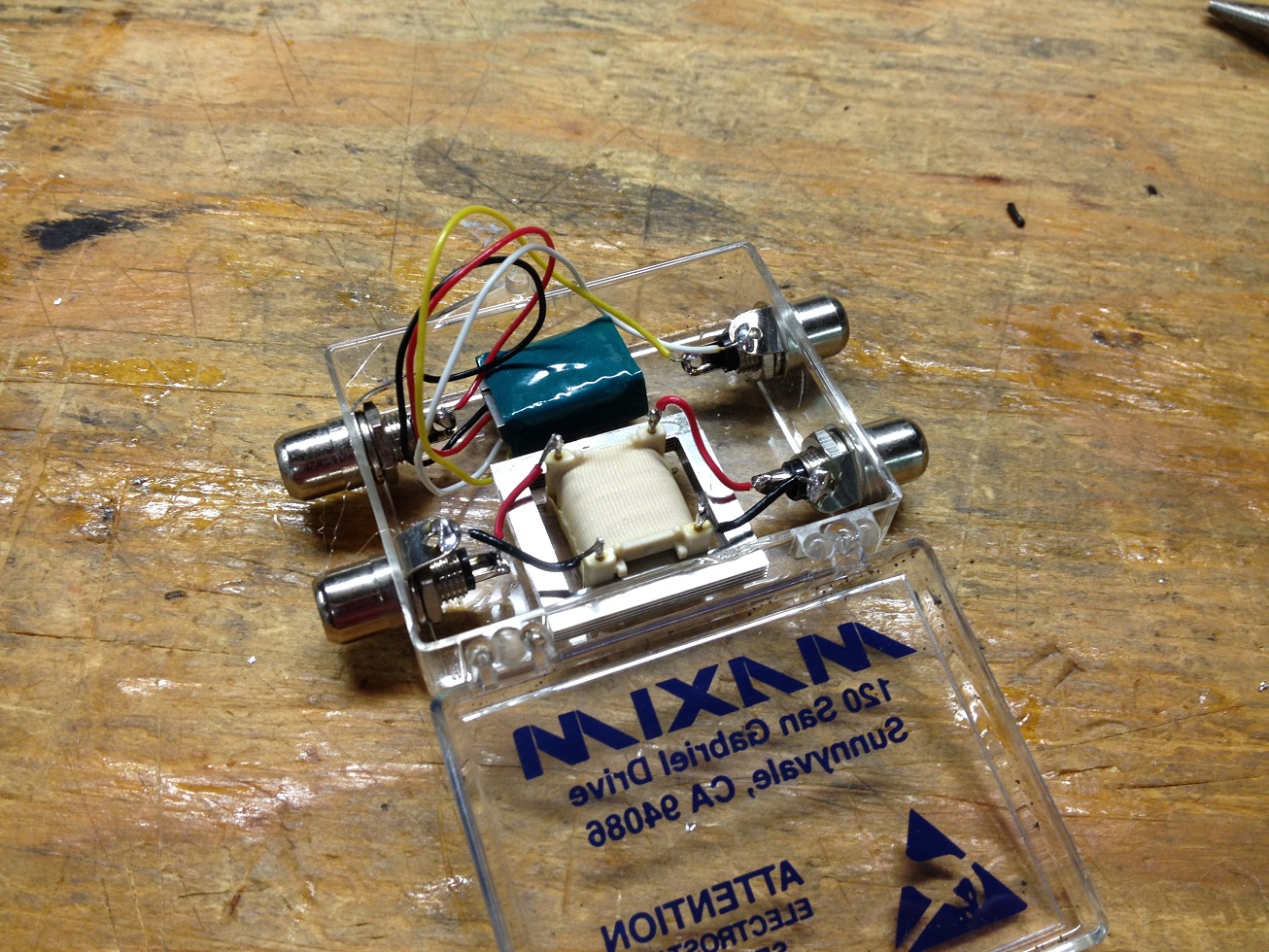



Others can exist as well but these two are the most common. AC power cycles the voltage polarity 50 or 60 times per second, depending on where you live. Audio equipment in home stereo, church, theater, and similar systems can have a 60Hz or 50Hz “hum” produced by the alternating current (AC) power source.Car audio systems often have “alternator whine”, a high-pitched noise sound that varies with an engine’s speed while running.The type of noise varies by the equipment and system in use: The different grounding points have different resistance, which can mean return current flowing through them can develop a small electrical signal introduced in the audio devices being used. When audio signal cables such as stereo cables with RCA plugs used between an audio source and an amplifier, small currents may create voltage potentials that can be picked up as noise. Ground loop noise or hum is a common problem in many home stereo, auditorium, theater, or car stereo amplified systems due to having multiple paths with differing ground potential. Ground loop noise and hum also affect video systems, although in that case, the noise often appears as distortion in the video signal.Īny time multiple audio devices are connected with cables there exists a potential for ground loops. They work with line level audio signals via RCA or 3.5mm connectors between a stereo, AV receiver, or car head unit RCA audio outputs and an amplifier that share a common ground for power. When is a ground loop isolator recommended?Īn audio ground loop isolator is a type of noise filter used to prevent electrical noise or hum, picked up by audio signal cables along the ground conductor path, from being amplified.Is it bad to use a ground loop isolator in audio?.How much does a good quality ground loop noise isolator cost?.What to look for when buying one with better sound quality.Do ground loop isolators affect sound quality?.Do ground loop noise isolators always work?.Many have had problems with Pioneer head units because of a poor internal RCA ground. I route my RCA's on one side of the car, and power on the other. But run your RCA's and power wires at least 18" apart. Some claim this next fix is BS, and others swear by their grave that it works. Many cars use metallic alloys or composites that aren't very conductive. Make sure the metal is good 'ol fashioned detroit iron. Make sure it is grounded to the frame, battery, or other substantial metal surface. If none of the above have worked, check the ground for the amplifier. Relocating the ground wire or adding to the existing one will help reduce or eliminate ground loops. Many times factory head unit grounds are poor. This is perhaps the most common source of engine noise. I'm not saying you need to invest a small fortune in RCA cables, just make sure they are shielded.
#Car stereo ground loop isolator Patch
Don't use patch cables or other el-cheap-o RCA's that are unshielded. There are various protective measures to take in order to decrease the likelihood of experiencing engine whine and ground loops.Ī good pair of shielded RCA's may be the easiest way to avoid engine noise. Ground loops and engine whine cause common problems such as a high-pitched whine that varies with engine RPM's, various thumps while changing tracks, turn on/off thumps, etc. Alrighty guys, since we no longer have access to the other ground loop fix thread, thanks to someone (you know who you are), I'm making a new thread about it.


 0 kommentar(er)
0 kommentar(er)
